Since Avengers: Endgame ushered in a new era for the Marvel Cinematic Universe, viewers have witnessed an ever-expanding roster of heroes and stories. The calendar has filled with premieres, each aiming to outdo the last in scale and spectacle. Yet beneath the surface—underneath the dazzling visual effects and complex, interconnected plots—something began to shift. The sheer volume of new movies and Disney+ original programming created a tangled web that felt impressive but exhausting, both for casual fans and die-hard followers alike. It is in this landscape that Thunderbolts* quietly makes its entrance in the MCU, offering not just another team-up film but a recalibration of what superhero stories can mean. This film is not about saving the universe or restoring order on a cosmic scale. Instead, it invites us to watch flawed people, each wrestling with trauma and regret, find unlikely connection and even a sense of purpose in a world that has grown more uncertain.
There is no rush into chaos here. The opening moments of Thunderbolts* are unusually subdued for a MCU Marvel release. Yelena Belova (Florence Pugh) is shown in a state of quiet reflection, perched on a drab rooftop rather than at the center of a city-wide disaster. The rain falls. Her expression holds exhaustion and loneliness rather than resolve. This is a scene that lingers, signaling from the outset that we are not getting the pounding pulse of an immediate threat but the slow ache of aftermath. The narrative unfolds as an exploration of personal loss, identity, and what it means to survive when one’s world—and sense of self—has been shattered. It is a different kind of heroism, one rooted not in grandeur but in the willingness to keep going.
Where the Avengers rallied around shared purpose, the Thunderbolts are patched together out of need and mutual damage. Their histories are complicated: John Walker wears his public disgrace like a second skin; Ghost is haunted—literally and figuratively—by past trauma; Taskmaster’s silence is loaded with secrets; and Bob, a new face in the MCU, struggles daily with intrusive thoughts and dissociation, his experience of schizophrenia never played for cheap drama, but rather shown as real and difficult. Each of them is fighting demons. None trust easily. Quickly, the film makes it clear that their alliance is makeshift, built on shaky ground, and kept together by necessity instead of shared ideology.
The writing style of Thunderbolts* takes its cue from these characters and their shared history in the MCU. Dialogue is sharper and more direct, with less of the trademark Marvel banter and more conversations that cut through surface-level optimism. Contradictions are left exposed. Jokes are rare and often serve as defense mechanisms, not comic relief. The screenplay does not explain every detail or linger over backstory; instead, it asks the audience to sit with the uncertainty and discomfort these characters feel. There are no easy answers, and the story does not race to resolve every conflict. This measured pacing may surprise or frustrate some fans, but it rewards careful attention.
Valentina Allegra de Fontaine, played with wry menace by Julia Louis-Dreyfus, casts a long shadow over the team. She doesn’t crackle with villainous energy so much as hum with bureaucratic menace—the danger of a government operative who can bend the rules to suit her own ends. Valentina’s machinations add another layer of tension, a reminder that sometimes the most dangerous threats aren’t the ones in costume. Even so, there are moments when her character’s presence jars against the film’s otherwise grounded approach, sometimes pulling the narrative into melodrama when a lighter touch would have sufficed.
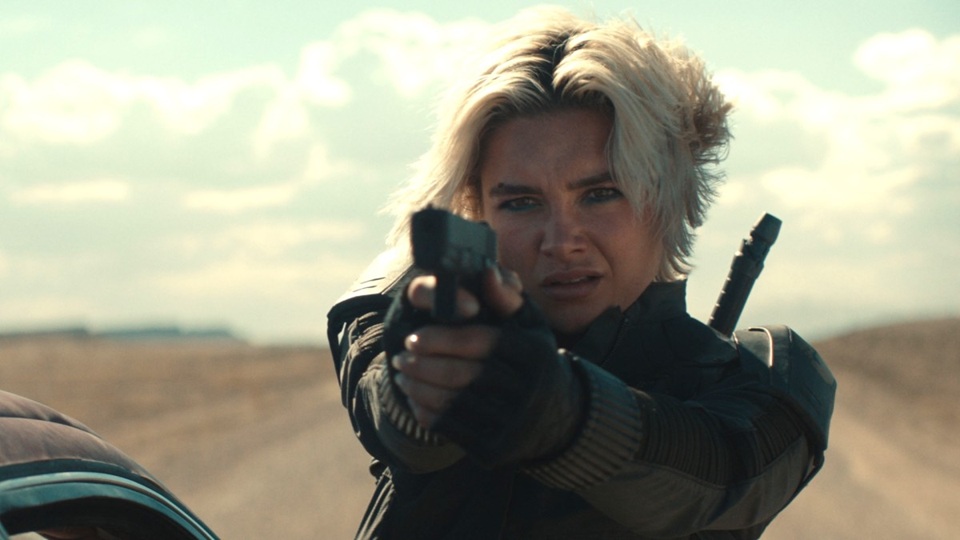
What truly distinguishes Thunderbolts* is its commitment to realism—not just in character psychology but in filmmaking itself. The director, Jake Schreier, along with cinematographer Andrew Droz Palermo, grounds the film in authentic locations and textures. The settings never compete with the story; the action plays out in rain-drenched streets, cramped apartments, and battered offices rather than gleaming sci-fi towers or alien landscapes. This gives each scene a sense of weight and lived-in detail. Even the musical film score leans toward subtlety, letting moments breathe instead of overwhelming them with orchestral flourishes.
The geographic focus of the story reflects this intent. Instead of crossing continents or shifting between realms, Thunderbolts* narrows its action to a handful of places. This choice does more than simply reduce logistical complexity: it pulls the audience closer, allowing tension to build in familiar environments, and making each interaction between team members feel urgent and personal. The result is a movie with its own unique rhythm—one that often withholds the dramatic payoff until it truly matters.
The ensemble cast ties the whole endeavor together. Florence Pugh brings a distinct vulnerability and honesty to the role of Yelena, her performance anchored in pain but never defeated by it. Wyatt Russell’s John Walker is all tightly wound anger and dashed hopes, rarely granted forgiveness—by himself or by others. Hannah John-Kamen gives Ghost a haunted presence that is both unsettling and deeply sympathetic. Olga Kurylenko, as Taskmaster, is a study in withdrawn suffering; Lewis Pullman’s Bob, meanwhile, gently subverts expectations. Here is a superhero who is allowed to be weak, to doubt, to struggle in ways that rarely find space in the genre.
Interactions between these characters are the heart of the film. Bonds are tentative, often frayed by history or suspicion. The process of building trust—of learning to accept another’s flaws and keep showing up despite betrayal—is slow and unsteady. The film does not rush these moments. Instead, it relishes their awkwardness: shared silences, half-finished confessions, apologies that come out wrong.
This portrayal of messy, real-life friendship feels markedly different from the practiced camaraderie of earlier Marvel Studios teams. Over time, moments of connection become the most memorable scenes in the movie: a hand on a shoulder; a halting joke; the simple act of showing up to help.
When the climax finally arrives, it sets itself apart by aiming for grace rather than glory. There are no city-leveling battles nor triumphant declarations. Instead, the movie finds its highest stakes in quiet confrontations—in characters trying, and sometimes failing, to forgive themselves and each other.
The threat is less about external evil and more about whether this group can hold together long enough to help each other heal. The ultimate achievement here is not victory over a villain, but the willingness to try again despite everything that says not to.
Yet, Thunderbolts* is not without flaws. The narrative thread involving Valentina feels, at moments, disconnected from the sharp emotional realism of the team’s storylines. Her exaggerated decisions derail the otherwise steady build of tension, making some climactic beats feel slightly forced. Still, the strength of the main ensemble and the film’s focus on intimate conflict allow these detours to remain minor distractions rather than major missteps.
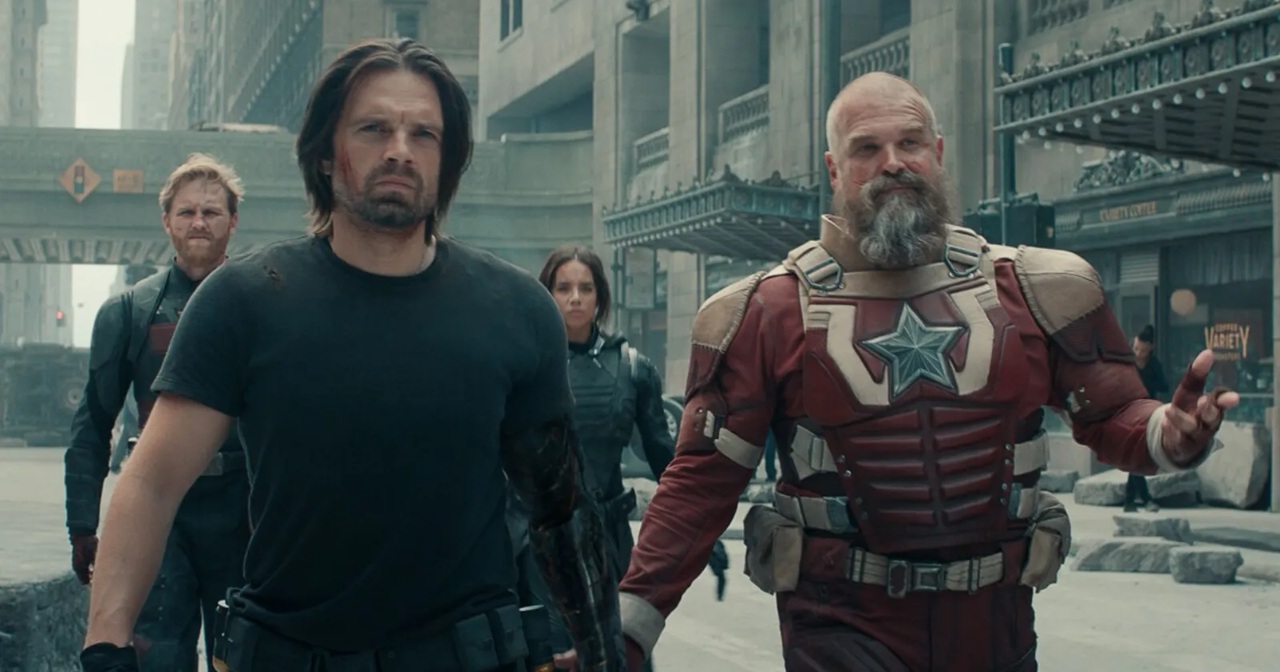
One of the film’s most striking qualities is its accessibility. Marvel has often been accused of creating an intimidating continuity—one that demands careful study to fully enjoy. But Thunderbolts sidesteps most of that weight. Characters’ backstories are referenced sparingly, and the plot never slows to rehash the details of previous films. Exposition is minimal. This makes the movie inviting for newcomers, providing a self-contained story that is enhanced (but not reliant upon) knowledge of franchise deep-cuts. When the past is invoked, it is for emotional depth rather than narrative necessity.
Thunderbolts* also quietly repositions Marvel’s direction for the future of the MCU. The over-ambition that sometimes hampered previous Phases gives way to something more contained and earnest. Marvel, in recognizing the onset of audience fatigue, places a new priority on human-scale drama—a story that does not pretend every threat is an existential one. This film feels like an admittance, a shift—a chance to reset both the stakes of its universe and the expectations of its audience.
At its core, the movie gently asks what makes a hero. Gone is the clean division between good and evil, or the unshakeable faith in institutions. Instead, every character stands on the line between pride and failure, hope and despair. The film embraces people marked by bitterness or betrayal, those who carry scars—and it asks if redemption can be found even when the world offers no applause. For the Thunderbolts, heroism is not about perfection. It is about the fragile courage to try again, to show up for others even when one can barely face themselves.
In a broader sense, the film acknowledges its place within the Marvel mythos. The Avengers, absent since Avengers: Endgame, left a vacuum that fans and characters alike have felt. The Thunderbolts are not simple replacements, nor do they rush to claim the legacy. Instead, they represent an alternative—a collection of former foes, runaways, and damaged souls who must earn their place rather than inherit it.
If the Avengers were about unity in the face of outside threat, the Thunderbolts* are about learning to trust within a group where betrayal is almost expected. The narrative leans on this tension, suggesting that perhaps the most formidable enemies are the wounds we carry with us, and the greatest triumph is not defeating the monster outside, but the one within.
The movie hints at larger franchise ambitions without leaning too hard into setting up sequels or crossovers. It is noted that many team members will appear in the next big event film as part of Phase Six, marking an era where fractured groups might need to come together for even greater threats. Yet, Thunderbolts is content to let this be background, spinning its own web instead of tying every moment to the arc of a future spectacle.
Visually, the movie benefits from restraint. Practical effects and on-location shooting replace the all-digital set pieces of some previous outings. This choice pays off: the streets and apartments feel solid, characters interact with objects that hold weight, and the camera lingers on faces rather than flying through destruction. The musical score matches this aesthetic, composed to amplify emotion rather than intensity, allowing for scenes that linger rather than rush.
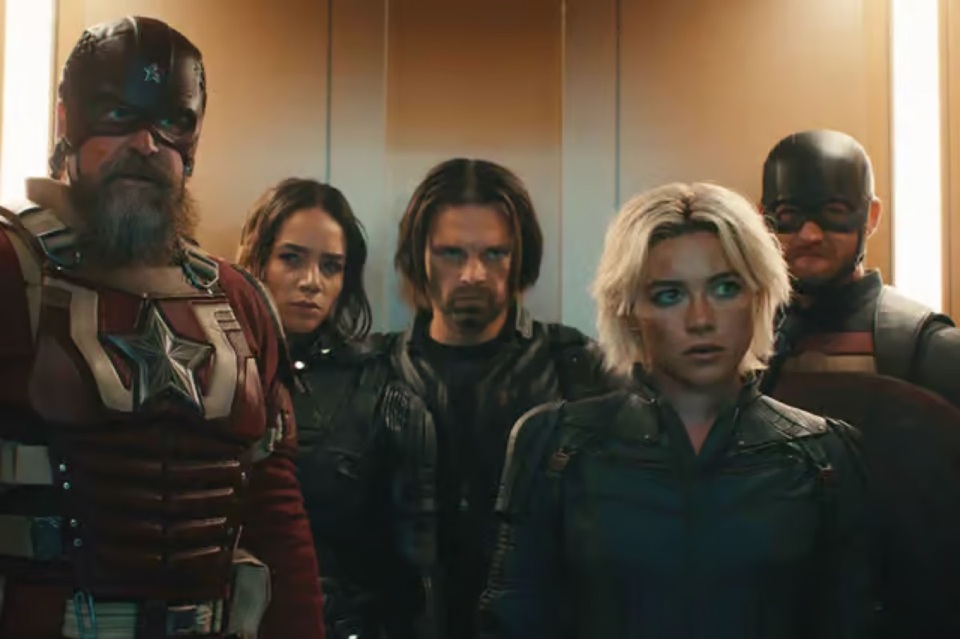
For longtime viewers, there are echoes here of Marvel at its best—of the conflicted friendships, frayed alliances, and shifting loyalties that made Captain America: Civil War a standout. Yet, while familiar, Thunderbolts carves out new ground. It is unafraid to leave questions unresolved, or to show that not every victory feels like one. In doing so, it opens the door to stories and characters forgotten by the genre’s relentless drive toward larger and larger spectacles.
As Marvel heads deeper into Phase Six of the MCU, Thunderbolts* positions itself as both a response to criticism and a roadmap for what comes next. It is not a reset—older fans will see plenty of familiar faces and storylines—but it is a realignment. The focus is narrower, the stakes clearer, and the emotional tone more mature. To those worn down by the endless parade of supervillains and space invasions, it offers a welcome pause and a reminder that the heart of these stories lies not in their powers, but in the people who wield them.
In the end, Thunderbolts* revitalizes the MCU not by outdoing what came before but by choosing to do less—and do it better. It is a film about uncertainty and pain as much as bravery and triumph, about the slow, sometimes awkward work of rebuilding trust. In a world that demands easy answers, it sits quietly with the difficult questions. By recentering the narrative on human struggle rather than cosmic peril, Marvel proves that even the most bombastic franchise can find freshness in simplicity. For newcomers and seasoned fans alike, Thunderbolts* is a welcome chance to rediscover the feeling of watching MCU heroes rise—or simply survive—in all their imperfect, human glory.
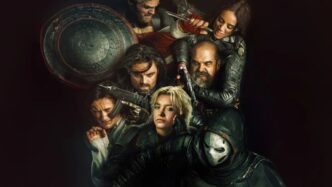
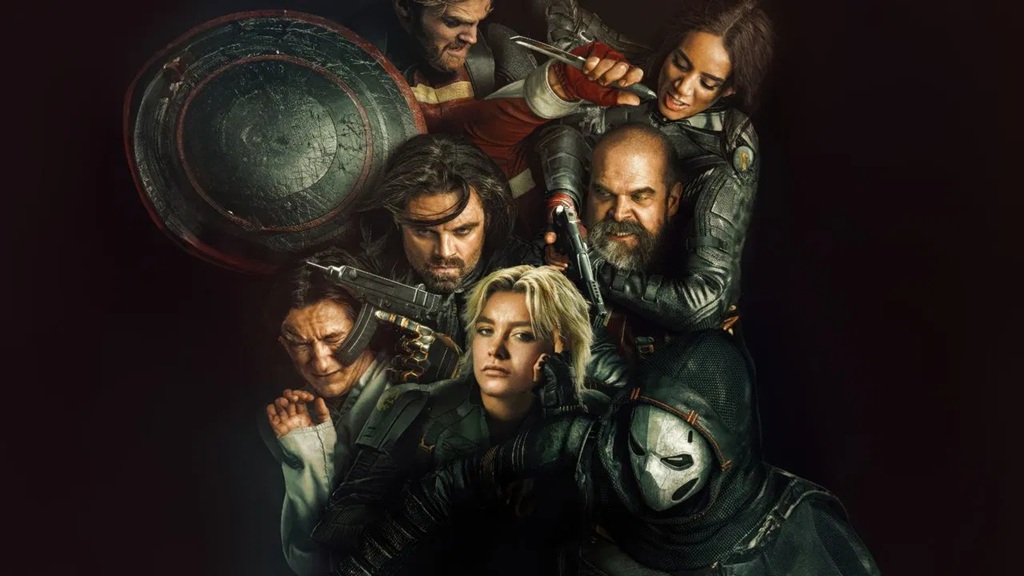

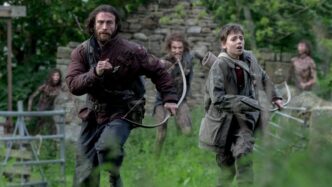

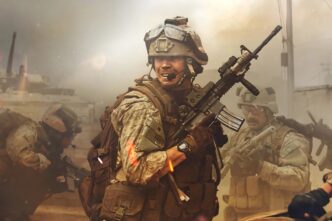

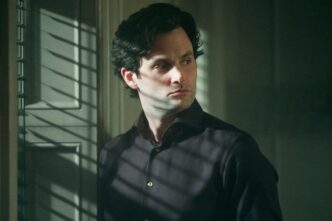
Leave a Reply